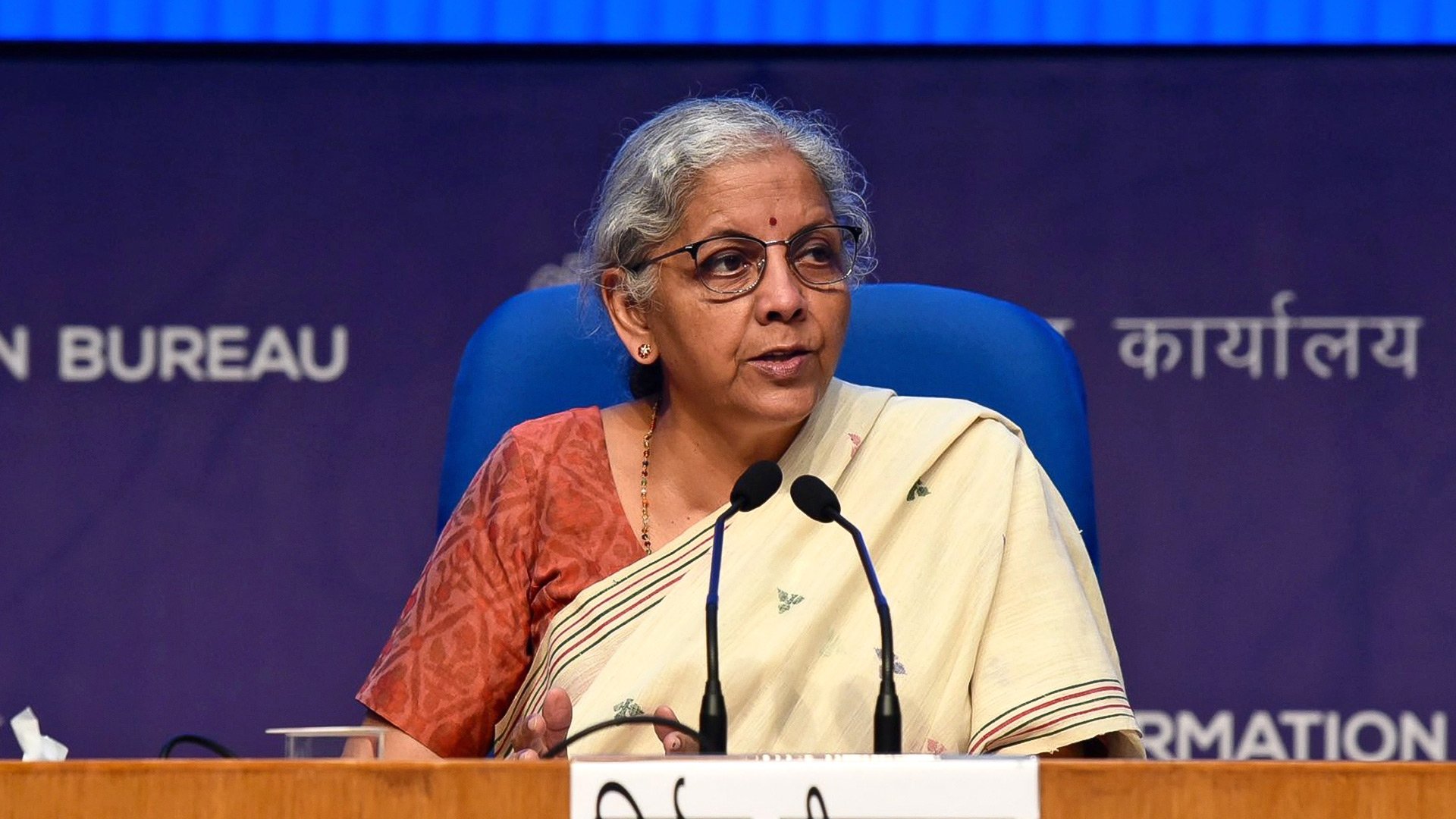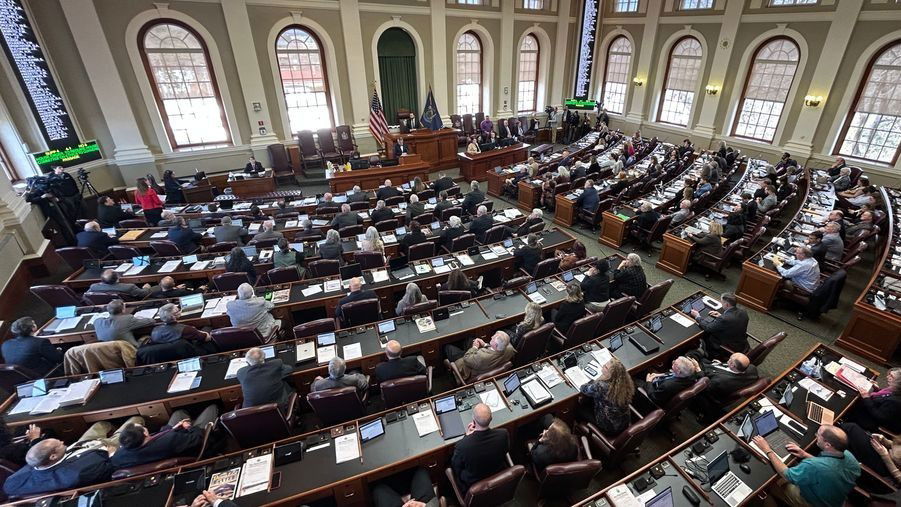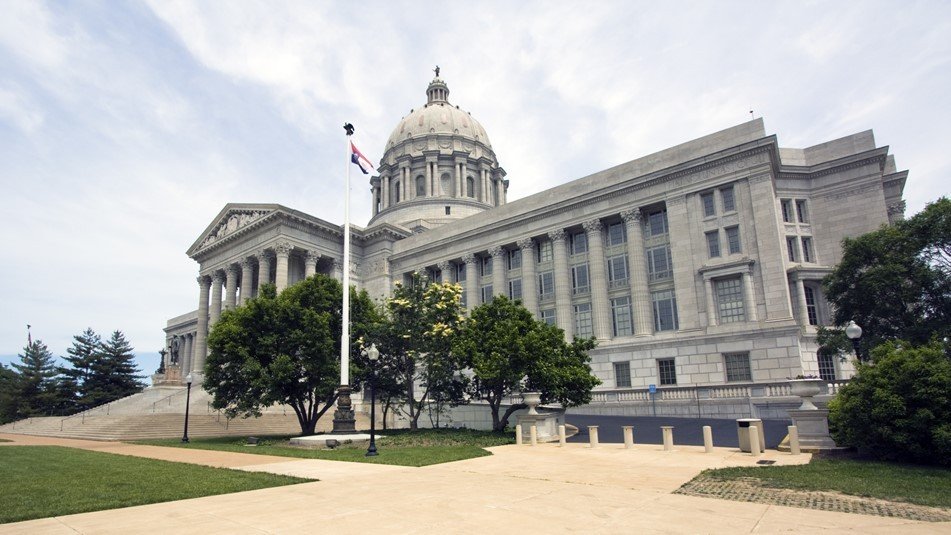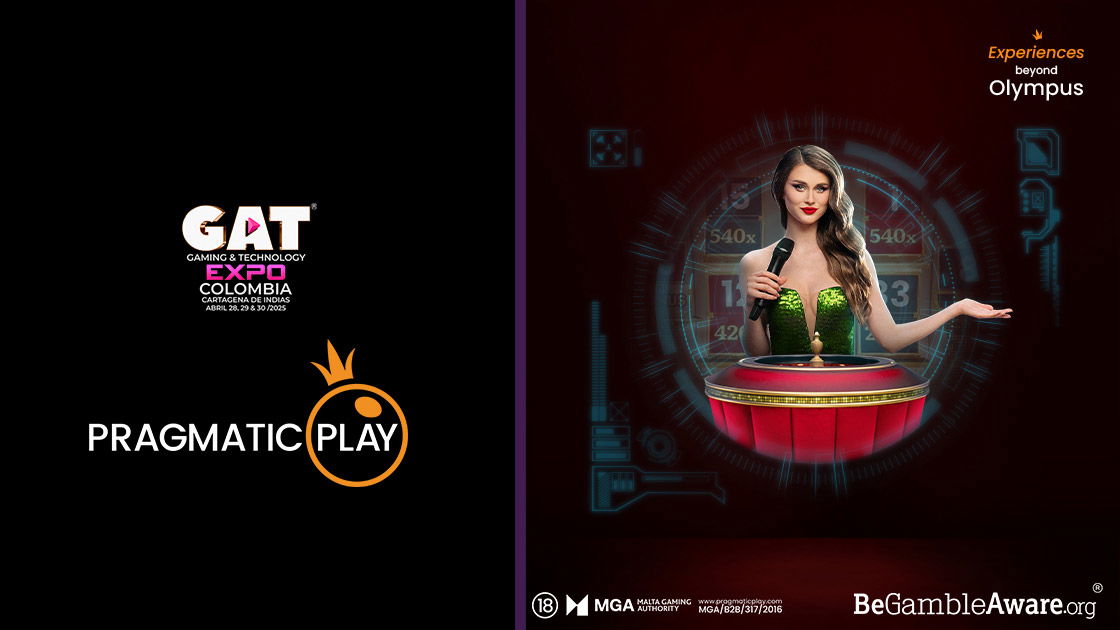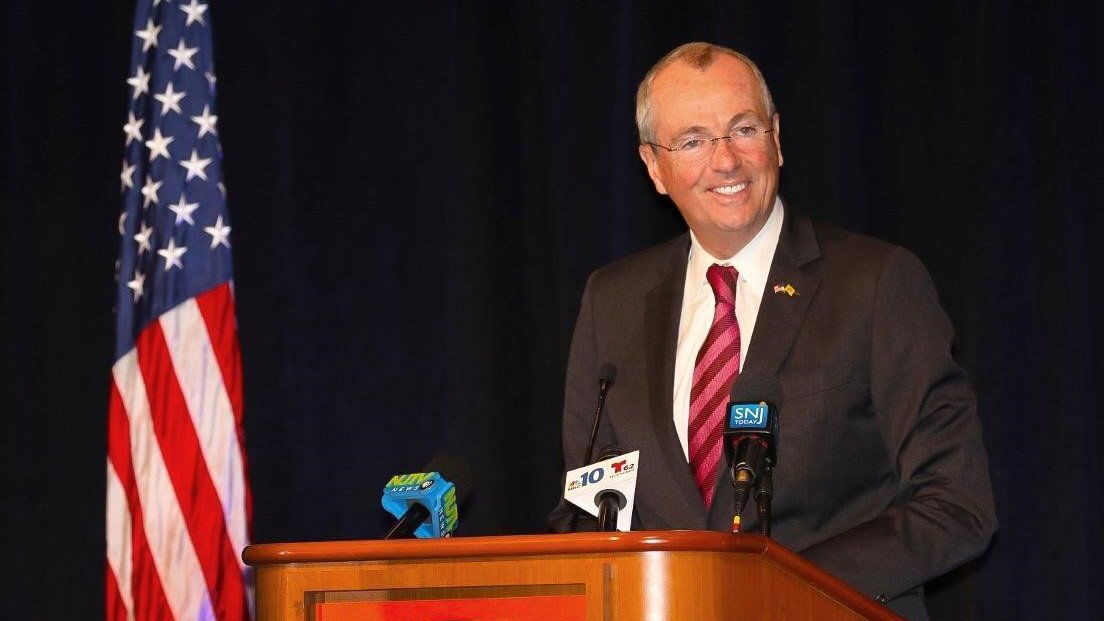India: More than 100 companies urge govt. to reverse 28% tax on online gaming in open letter

Around 127 online gaming companies have written an open letter to the Indian government, urging it to reverse its recent decision of levying a 28% Goods and Services Tax (GST) on online gaming, casinos and horse racing in the country. The letter, which included participants from Baazi Games, Dangal Games, and Gameskraft Technologies among others, also urged the government to segregate skill gaming from betting and gambling, which are chance-based.
Under the new rules, India’s gaming companies will be required to pay a 28% tax on the entire amount collected from players, as opposed to a small tax on the fee they were charged for offering games until now.
The 127 gaming companies collectively noted that this move would potentially have devastating implications, including shut down of businesses for Micro, Small, and Medium Enterprises (MSMEs) and startups that may not have the capital reserves to withstand such a sharp tax increase.
News agency Indo-Asian News (IANS) cited the letter, which noted: “Further, this decision will encourage illegal offshore gambling operators, drive Indian users to them and ultimately lead to neither optimal tax collection nor the growth of the legitimate industry.”
As per the report, online skill gaming in India has a $20 billion enterprise valuation, $2.5 billion in revenue, and $1 billion in annual taxes. It is estimated to grow by 30% Compound Annual Growth Rate (CAGR) to reach $5 billion in revenue by 2025.
Meanwhile, the total number of Indian online gamers has grown from 360 million in 2020 to over 420 million in 2023. India’s gaming industry attracted FDI of over $1.5 billion between January 2021 - June 2022.
Indian Finance Minister Nirmala Sitharaman
Companies concerned over investor confidence, illegal operators
After the new tax is implemented, the total tax collection on player winnings is estimated to go beyond 50%, including GST, platform commissions, and income taxes. This would mean for every $100 spent by a player, there will be a sunk cost of $28 towards GST, in addition to a $5-15 charge by the gaming platform and a 30% tax deducted at source (TDS) on any winnings drawn.
Sudipta Bhattacharjee, partner at corporate law firm Khaitan & Co, told BBC that the move will "disincentivize players and is totally inconsistent" with global standards. He said: "The move has completely blindsided the industry. It will shake investor confidence and lead to a funding winter. This kind of extortionist tax regime flies in the face of these steps and advocacy needs to happen at multiple levels to retract this proposal.”
Gaurav Gaggar, promoter of Poker High, a poker site, also spoke with BBC: "They have killed the multibillion-dollar industry with a single stroke. And at the same time, the decision could give a massive boost to illegal and illegitimate operators in the country.”
The All India Gaming Federation (AIGF) also wasn't happy with the decision. Roland Landers, its CEO, said: "It is very unfortunate that when the government has been supporting the industry… such a legally untenable decision has been taken. It will be catastrophic for the $1tn digital economy dream of the prime minister."
Landers had previously noted that the decision ignores over 60 years of settled legal jurisprudence and lumps online skill gaming with gambling activities. “This decision will wipe out the entire Indian gaming industry and lead to lakhs of job losses and the only people benefitting from this will be anti-national illegal offshore platforms,” he said.
India’s Union Finance Minister Nirmala Sitharaman on July 11th during the GST Council had explained that the decision to levy the maximum tax on online gaming and casinos was not intended to kill the industry. She noted that it was because of the “moral question” gambling poses and that it cannot be taxed at par with essential commodities.
Explaining the rationale for the 28% tax on online gaming, Sitharaman said it was "impractical" to meet the industry demand for the levy of tax on platform fees, as it was impossible for tax authorities to go after every player and find where all the bets have been placed.


